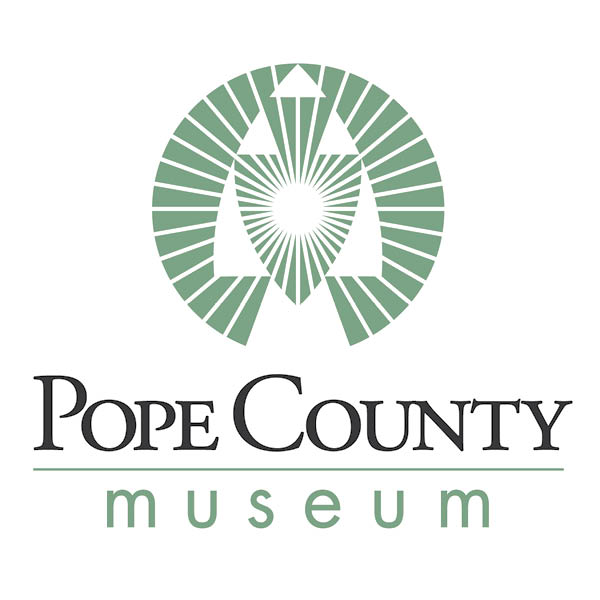Pet safe gardening
Published on June 19, 2023 at 1:25pm CDT
Growing Green
By Robin Trott, Extension Educator
It’s that time of year again! Many of us look forward to spending our free time outside and work hard to enhance our surroundings with lush plants and flowers. While gardens and yards are lovely for relaxing, they can also prove to be dangerous for our furry friends. With a little careful planning we can keep our pets safe and still enjoy a beautiful garden environment. Whether it is planning a large garden to feed the family or decorating a small space with hanging baskets and containers, here are a few garden hazards to watch out for:
Poisonous Plants
When preparing and planting, keep in mind that many popular plants are toxic to cats and dogs. These plants can range from bulbs to perennials to trees and shrubs. Some of the most common include: lilies, daffodils, azalea, rhododendron, sago palm, mushrooms and black walnuts. Contact with or ingestion of poisonous plants may have harmful effects on the heart or gastrointestinal tract. Be sure to do your research before planting.
Fertilizer
Proper nutrition is a must if we want our plants to survive. However, the fertilizer that keeps our plants healthy and green can have detrimental effects on our furry friends. Very carefully follow instructions and observe the appropriate waiting period before letting your pet run outside.
Insecticides
Like fertilizer, insecticides are often necessary to keep our gardens healthy. Their ingredients, however, aren’t meant for four-legged consumption. Exposure to chemicals can harm your pets in different ways – ingestion, inhalation and even just slight contact may cause damage. However, when used according to the label directions, pesticides should pose little risk. Always be certain to store them in inaccessible areas and use as directed.
Compost
The most efficient and environmentally friendly way of providing nutrients and fertilizer to our gardens is composting. Though it has many benefits and is an excellent addition to the garden soil, it is very important to keep in mind certain components might not always be safe for our pets. Coffee, moldy food and certain types of fruit and vegetables are toxic to dogs and cats, so read up on human foods to avoid an unwanted trip to the vet.
Mulch
Mulch is a great way to reduce the amount of weeding that is needed to keep our gardens healthy, and it also aids in maintaining moisture. We must be very careful about what type of mulch we choose to use. Many gardeners use cocoa bean shells; these are a byproduct of chocolate production. This type of mulch is popular because it has an attractive odor and color. However, it can pose high risk. Ingestion of cocoa mulch can have many harmful effects on our dogs. If you decide to use mulch in your garden, consider using a less toxic alternative such as shredded pine or cedar.
With just a little preparation and planning, we can have a garden that is safe and enjoyable for both us and our animal companions!
For more information and a complete list of toxic plants and their effects, please visit the ASPCA website at: http://www.aspca.org/Pet-care/poison-control/Plants.aspx
* * * * * * * * * * * * * *
“A garden without cats can scarcely be called a garden at all.” ~Beverly Nichols




